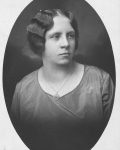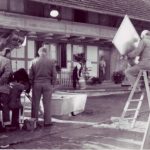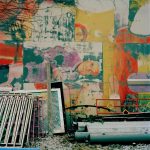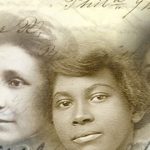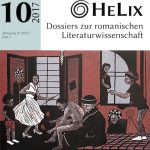Elisabeth-List-Fellowship Programm für Geschlechterforschung, gem. mit dem Institut für Soziologie und der Gesellschaft für Soziologie an der Univ. Graz (GSU) (Web)
Zeit: 10.11.11.2020
Ort: virtueller Raum
Während in den vergangenen Jahren die Diskussionen um Geburt und Gebären davon dominiert waren, dass die Geburt zunehmend zum ›Projekt‹ gerate, das zudem von einer zunehmenden Institutionalisierung und spezifischen Medikalisierung begleitet werde, kommt es aktuell zum Wandel des Geburtsgeschehens. Vermehrt artikulieren Gebärdende selbst (wieder) Kritik an den Vorgängen rund um ihre Geburtserfahrungen.
Vor dem Hintergrund dieser Kritiken beleuchten die Beiträge des internationalen Online-Symposiums aus verschiedenen Perspektiven die aktuellen Veränderungen von Gebären und dem ›Ereignis Geburt‹. Sie nähern sich aus historisch-kulturvergleichender, geschlechter- und wissenssoziologischer Perspektive mittels qualitativer und theoretischer Zugänge dem Wandel im Erleben, konkreter Bedingungen und Praktiken von Geburt und untersuchen die sich daraus ergebenden gesellschaftlichen, kulturellen und subjektbezogenen Spannungsfelder.
Programm
Di., 10.11.2020
- 14:00 Uhr. Begrüßung und Einführung
- 14:30 Uhr: Die Gefühle der Gebärenden. Eine Geschichte somatischer Emotionalität: Lisa Malich (Lübeck)
- 16:30 Uhr: Traumgeburt oder Geburtstrauma? Zum neuen Unbehagen an der Geburt: Sabine Flick (Graz)
Mi., 11.11.2010
- 10:00 Uhr: Birth and the politics of un/happiness: Rachelle Chadwick (Pretoria, Südafrika)
- 11:45 bis 12:00 Uhr: Abschluss
Das Online-Symposium wird über das Online-Konferenzsystem BigBlueButton abgehalten.
Quelle: female-l@jku.at


